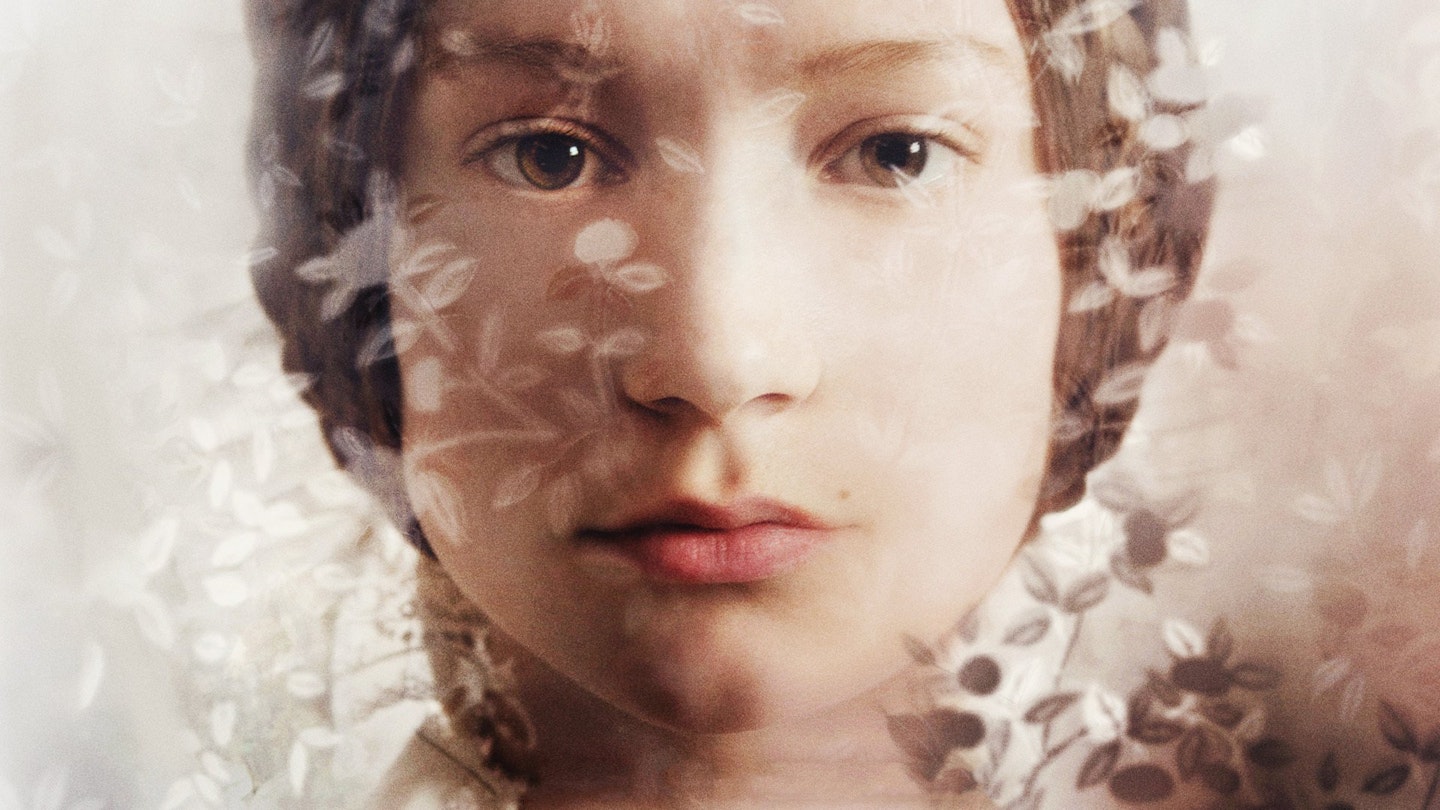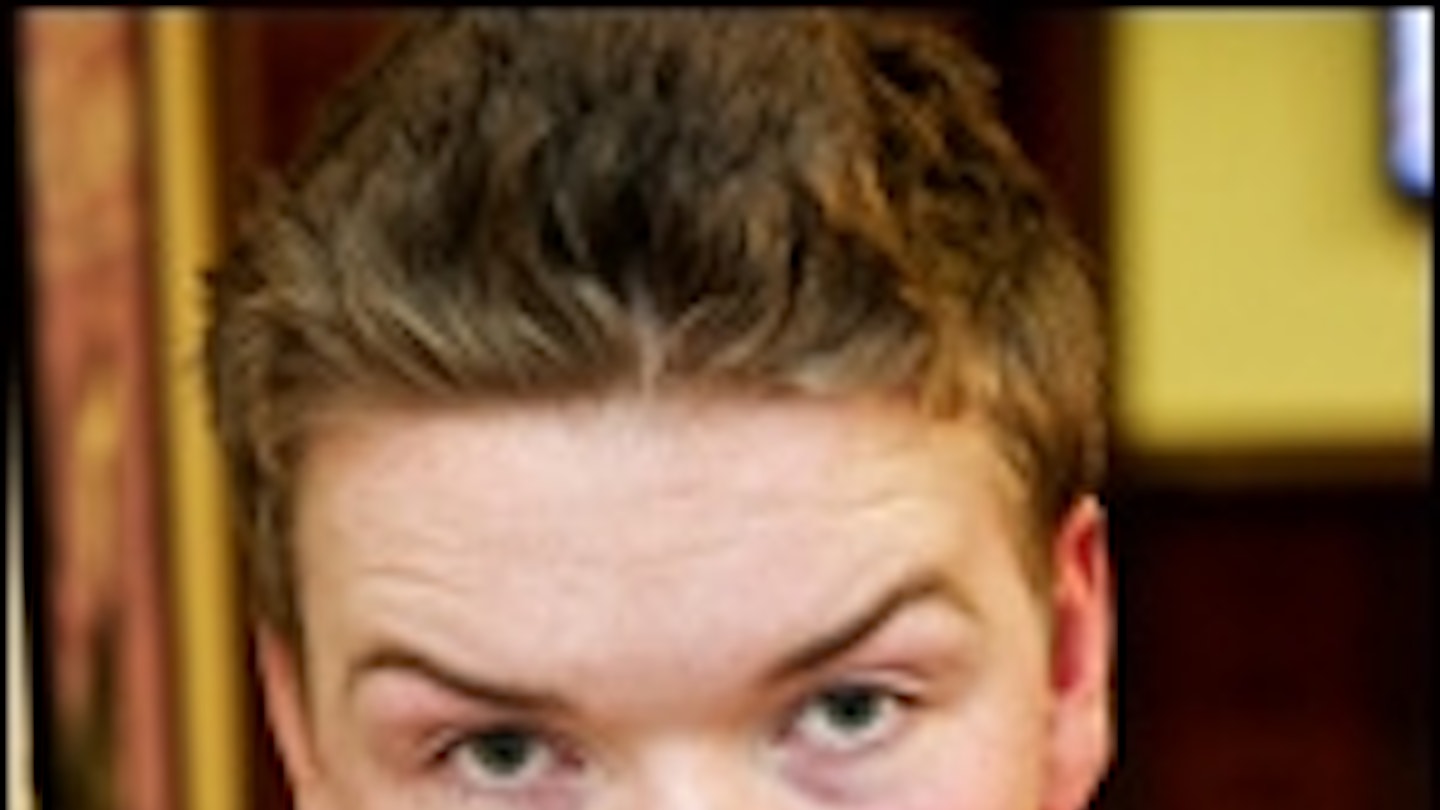And so anotherr spin about the Brontëan moors: windswept, rain-sodden, winter-chilled. While not intent upon a reboot, Sin Nombre’s Cary Fukunaga certainly aims for a primal climate, shooting Victorian Yorkshire like a nuclear wasteland — the opening scene discovers Mia Wasikowska’s distraught Jane stumbling across what appears to be the outskirts of Mordor. The interiors are, if anything, gloomier. The abiding sensation is one of dampness, a visceral demonstration of what it is to live without central heating. This is Brontë recalibrated by Sergio Leone — meandering chit-chat is out, smouldering glances and lunar landscapes are in. It could double as a horror movie.
As plain, thinky Jane, Wasikowska matches her director’s sullen vibe with impressive restraint. She has that rare knack for slipping out of her good looks for something sterner, inward — a kernel of displeasure at a patriarchal world. How well she embodies Brontë’s proto-feminist ideal: fierce and unflappable, hair pinned tight as a skull cap, mouth pursed equally furiously when supping tea or clambering through the wild. A woman trying to fill mind and soul, to exercise her freedom to choose, trading dialogue with stuck-in-the-mud yokels like Judi Dench (the homespun housekeeper), Jamie Bell (the clergyman whose love is spurned) and Sally Hawkins (the hideously priggish aunt). If the movie had stopped at constructing an emotional treatment for Jane through a modern prism, it would have been a minor triumph.
Opposite stews Michael Fassbender: smile askew, eyes aflame, hair afopping, and tunic Byronically agape. Few of today’s leading men possess the carnal charisma of this Irish Method rogue. There is something untamed about him, as if he might rip off his breeches and howl at the moon — making him a peculiar choice as Rochester. If you stuck to the book’s fustier vision, you’d cast Paul Giamatti. But this being the movies, why not pep up your Rochester with a hefty dose of Heathcliff? Simple: it cheapens Jane’s attraction to cliché — our heroine developing a crush on the handsome grump fetchingly lit by crackling firelight. For all the depth of the visual palate, the romance is starkly black and white.
Strange, too, if playing Rochester as rock star, that the script gives so little emphasis to the book’s darker mysteries. The midnight screams, the secret room, the skeleton in Rochester’s closet — the fun bits — feel like an afterthought. Their discovery holds no impact, no tragedy. The film sets a forceful Jane up against an unforgiving universe then turns its nose up at going full Brontë.

